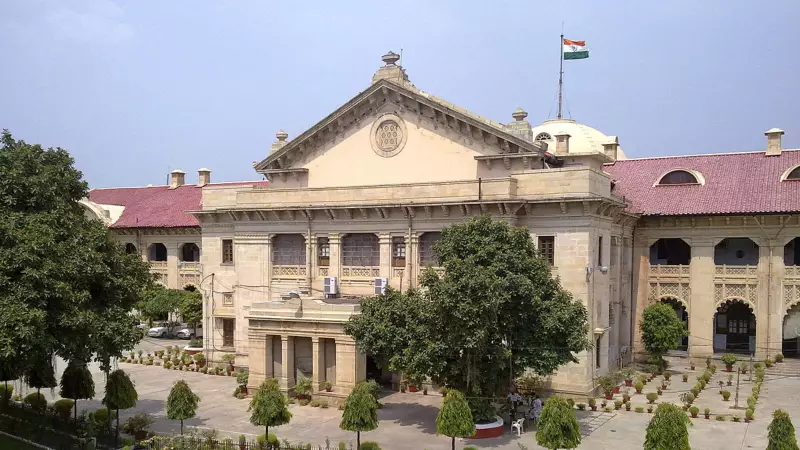
In a powerful defense of individual freedoms, the Allahabad High Court has delivered a stern rebuke to Uttar Pradesh police authorities for the illegal detention of an interfaith couple, emphasizing that personal liberty cannot be compromised under social pressure.
Judicial Intervention Upholds Constitutional Rights
The court took suo motu cognizance of the case after discovering that police in Uttar Pradesh's Bhadohi district had detained the couple without any legal justification. The bench, comprising Justice Attau Rahman Masoodi and Justice Om Prakash Shukla, expressed deep concern over the police's arbitrary actions that violated the couple's fundamental rights.
'Liberty of an individual is a precious constitutional value and cannot be permitted to be compromised on the altar of social intolerance or pressure,' the court declared in its strongly-worded order.
Police Actions Under Scrutiny
The court's investigation revealed that the police had detained the couple following complaints from local residents who objected to their interfaith relationship. Rather than protecting the couple's rights, the police allegedly succumbed to mob mentality and illegally restricted their freedom.
Key judicial observations included:
- Police acted beyond their legal authority in detaining the couple
- Constitutional rights cannot be sacrificed to appease social elements
- The state has a duty to protect individual liberties
- Police must function within the boundaries of law
Broader Implications for Civil Liberties
This ruling comes at a crucial time when interfaith relationships in India increasingly face social and institutional challenges. The court's firm stance sends a clear message to law enforcement agencies across the country about their responsibility to uphold constitutional values above social prejudices.
The bench has directed the Uttar Pradesh government to submit a detailed report explaining the police's actions and the legal basis for the couple's detention. The court has also sought information about any disciplinary action taken against the erring officers.
This judgment reinforces the judiciary's role as the guardian of fundamental rights and serves as an important precedent for similar cases where individual liberties face threats from majoritarian pressures.





